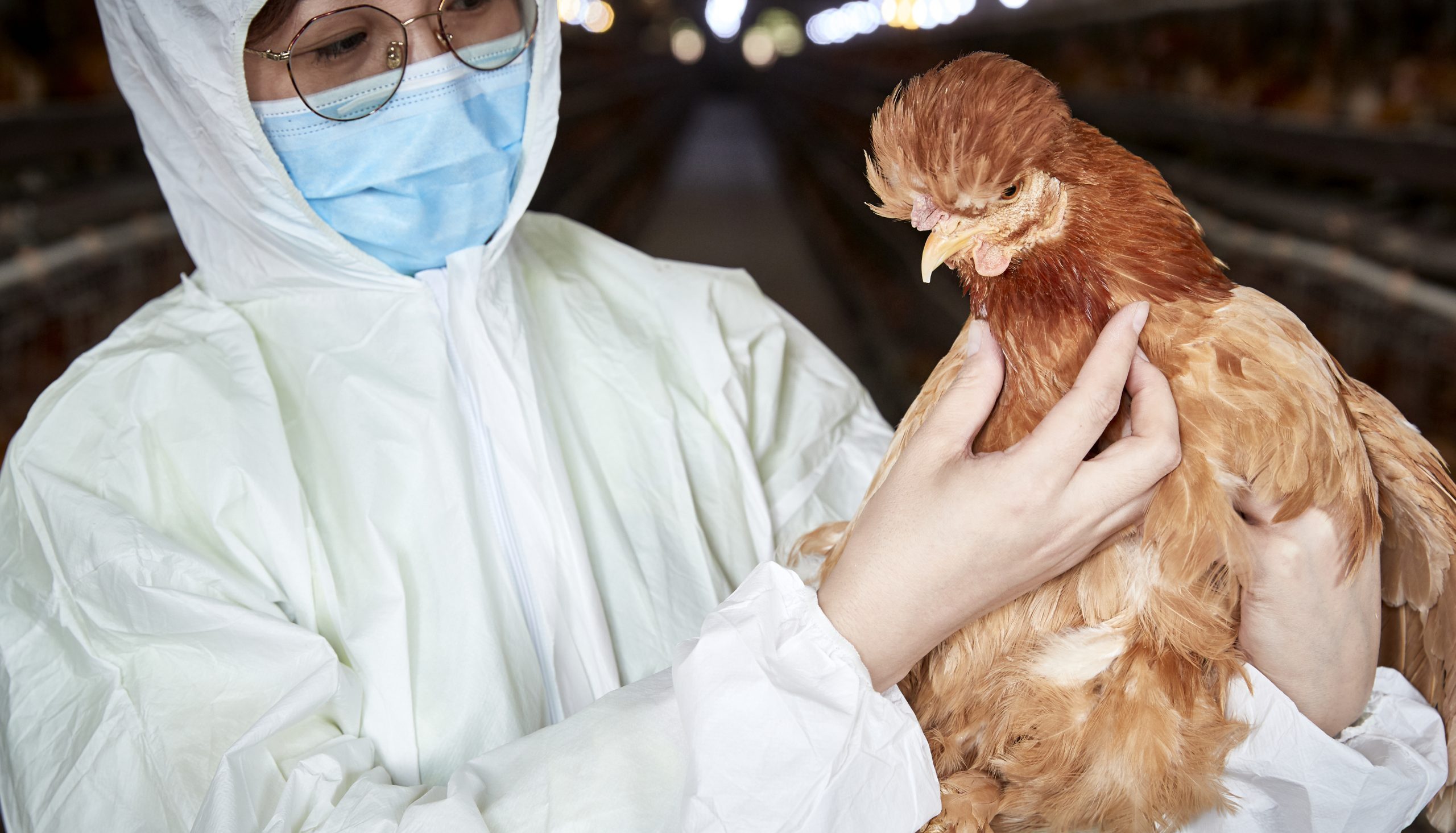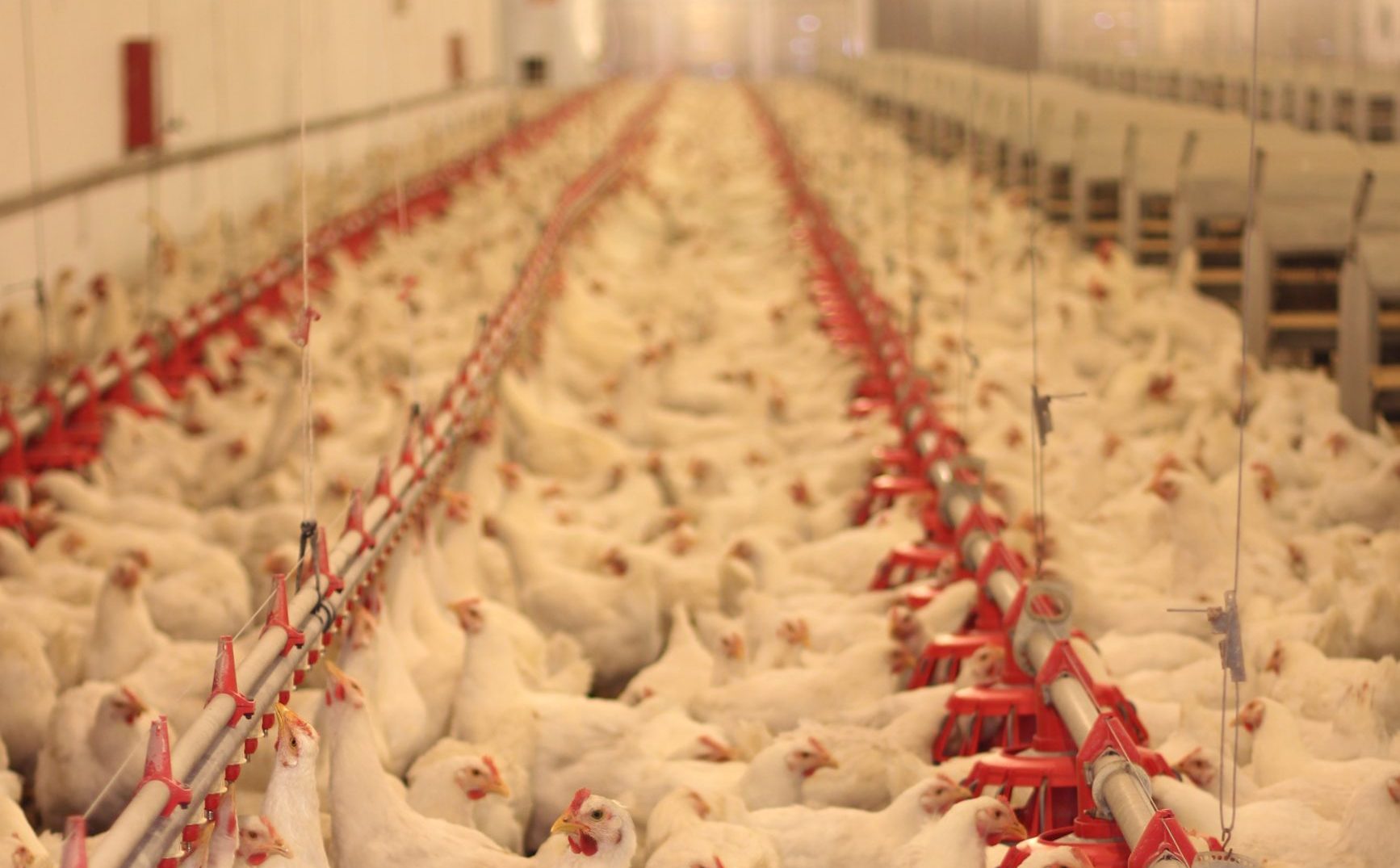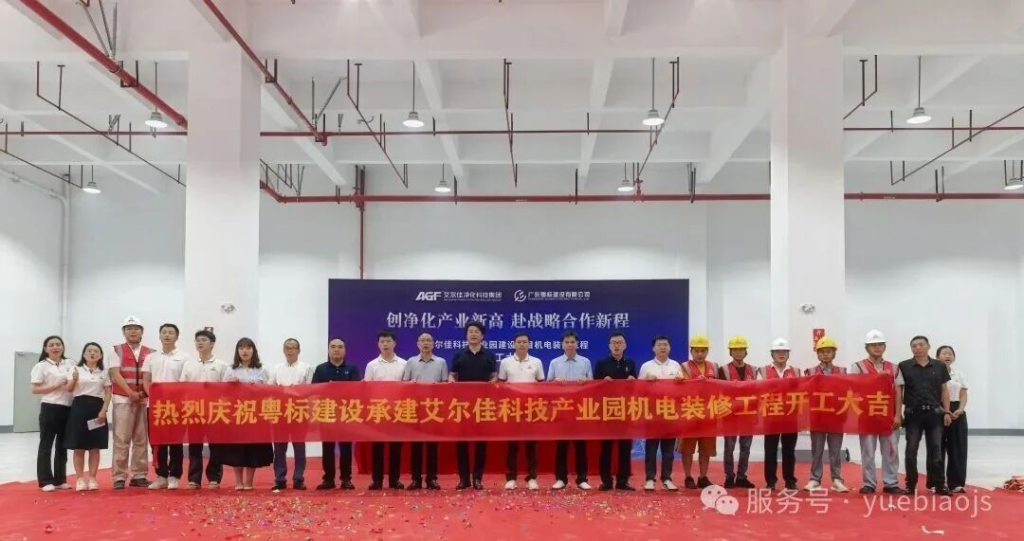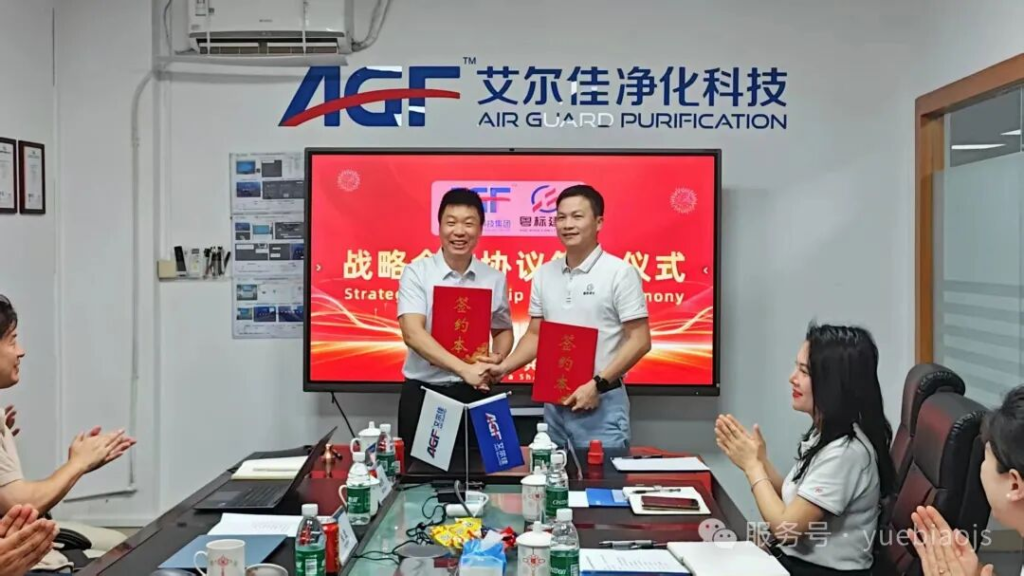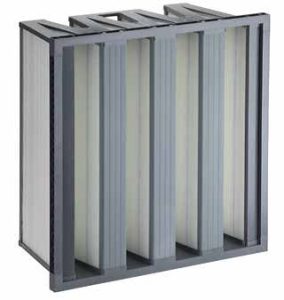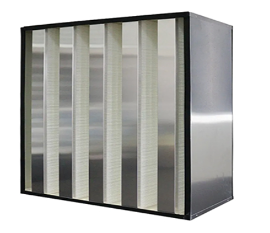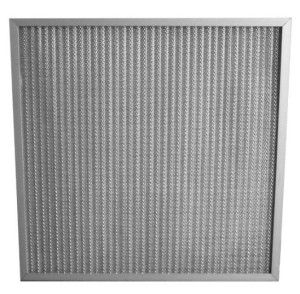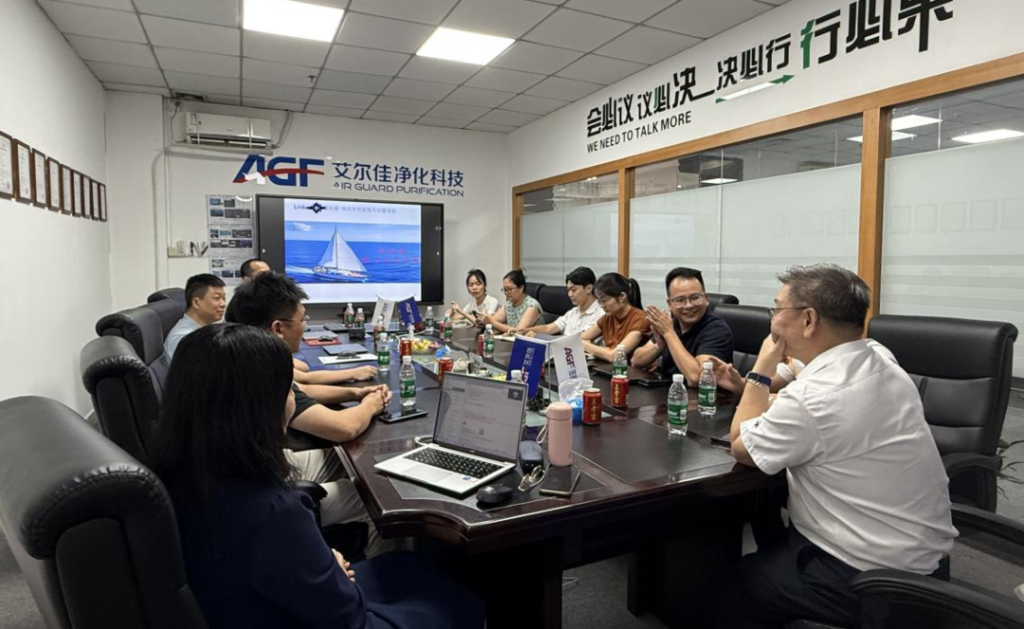
DONGGUAN, CHINA – On the afternoon of September 19, 2025, a dedicated alumni salon for South China University of Technology (SCUT) alumni, initiated by LinkToken – a LinkedIn-focused international trade client acquisition service provider, and supported by Air Guard Purification Technology (Guangdong) Group Co., Ltd., was successfully concluded in Dongguan. Centered on the theme “Solving International Client Acquisition Challenges: Efficiently Developing Global Customers with LinkedIn,” the event attracted over ten alumni from diverse industries, all united by their focus on business globalization, to explore new pathways for cross-border growth.
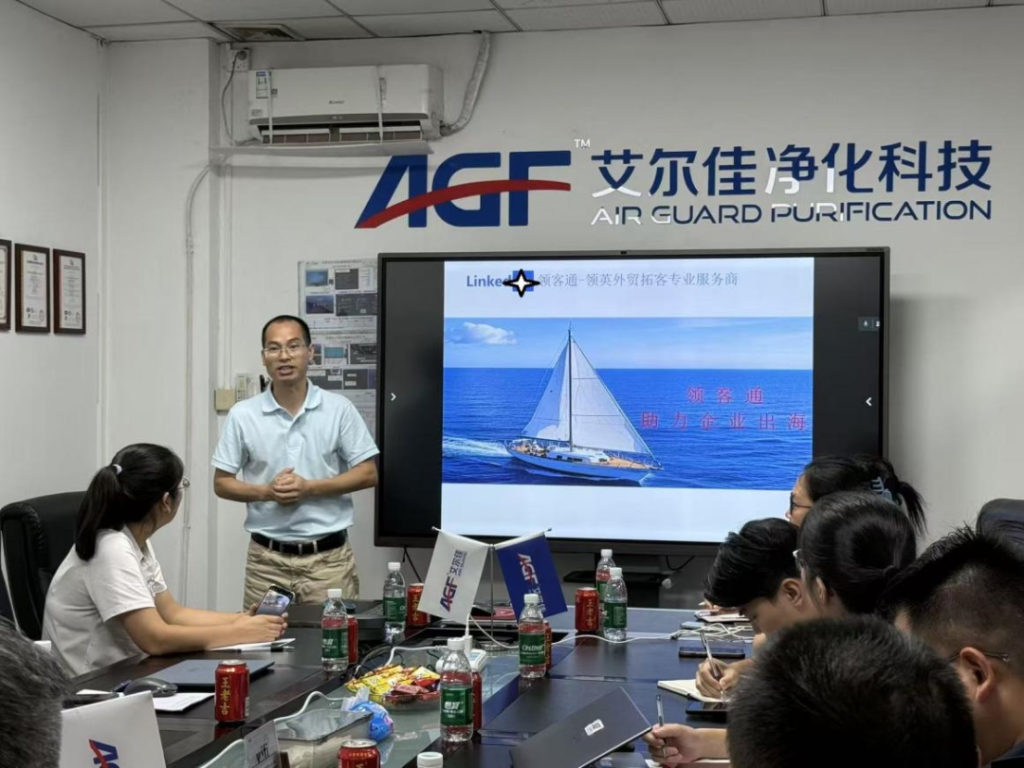
The session featured a comprehensive sharing session led by Ms. Xiao Shiyue, Founder of LinkToken and a fellow SCUT alum. As a seasoned global business expert with over 20 years of hands-on experience in international trade, Ms. Xiao has previously guided her teams to achieve annual sales exceeding RMB 1 billion. She specializes in LinkedIn B2B customer development and global branding strategy. During the event, she systematically outlined a full-funnel methodology for leveraging LinkedIn—from account setup and content operation, to precise prospect searching and conversion follow-up—supplemented by real-world case studies from various trading companies, providing attendees with highly actionable strategies. The sharing revolved around five core modules:
- Pain Points in Global Expansion & The Strategic Edge of LinkedIn
- Building High-Conversion Profiles and Crafting a Powerful Personal IP
- Precise Target Customer Identification and Templates for Effective Outreach
- Content Strategy, Engagement Techniques, and Data-Driven Optimization
- Low-Cost Launch Strategies and Long-Term Operational Risk Mitigation

During the open networking segment, participating alumni, whose expertise spans manufacturing, technology, and other sectors, engaged in vibrant discussions on topics including overseas market penetration, team capability building, and content localization. Many attendees expressed that such pragmatic salons, initiated by alumni and backed by corporate support, truly foster “experience sharing and resource connectivity,” offering clear and viable new perspectives for the transformation of traditional trade and the journey of brand globalization.

As the supporting organization for this event, Air Guard Purification Technology Group provided an excellent communication environment and industry networking opportunities for attending alumni, demonstrating the strong collaborative spirit and co-building ecosystem among SCUT alumni enterprises.
Looking ahead, LinkToken will continue to leverage the SCUT alumni network to host more premium salons and in-depth coaching services focused on LinkedIn operations and international client acquisition. These initiatives aim to genuinely empower alumni enterprises in navigating the transformative journey from “Made in China” to “Global Brands.”
Company Profiles
LinkToken: Specializes in LinkedIn-based international customer development and brand globalization coaching services. We provide systematic training, customized strategies, and resource connections to help enterprises expand into global markets cost-effectively and efficiently.
Air Guard Purification Technology Group: Headquartered in Dongguan, Air Guard is a high-tech enterprise dedicated to the R&D and manufacturing of air purification technologies. With products exported to numerous countries and regions worldwide, it stands as one of the representative SCUT alumni enterprises committed to technology-driven global expansion.

